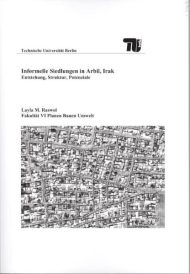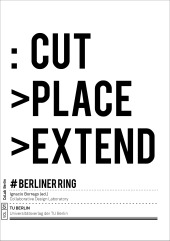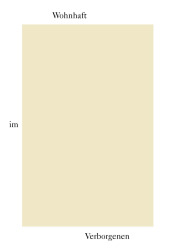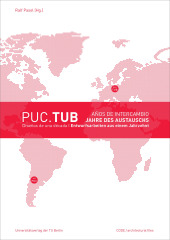Informelle Siedlungen in Arbil, Irak – Entstehung, Struktur, Potenziale

Size: 198 pages
Format: 14,8 x 21,0 cm
ISBN 978-3-7983-2237-0Format: 14,8 x 21,0 cm
5,00 €
Cities in the Kurdish region of northern Iraq have had a serious lack of housing
caused by high population growth, the return of refugees, as well as the politically motivated destruction of Kurdish villages by the former central government. During the past thirty years, which were characterized by unstable politics and economics in the area, the limited resources available to city governments and inadequate means for city governments to guide the dynamics of housing developments led to uncontrolled expansion of housing on the periphery of major cities.
With this background this study presents an example for other cities in Iraq, based on Arbil’s informal settlements amid rapid urban development. Both an older and a newer informal settlement have been examined. By means of a contrasting analysis of these two informal settlements, the background and prevailing conditions, the mechanisms and structures, the potentials and perspectives of informal settlements in Arbil are closely examined. Ultimately, the aim of the study is to determine the most important factors behind the informal settlements and to provide concrete implications. The study shows that, with their conception, informal settlements in Arbil assure many city residents long-term possibilities for housing. The process of their emergence is based on a specific planning process in which urban planning tools have been taken into consideration by those who are involved in the development process. The results which have been gained from the study will be transferred to practical recommendations for improving the efficiency of the Housing politics in Arbil.



